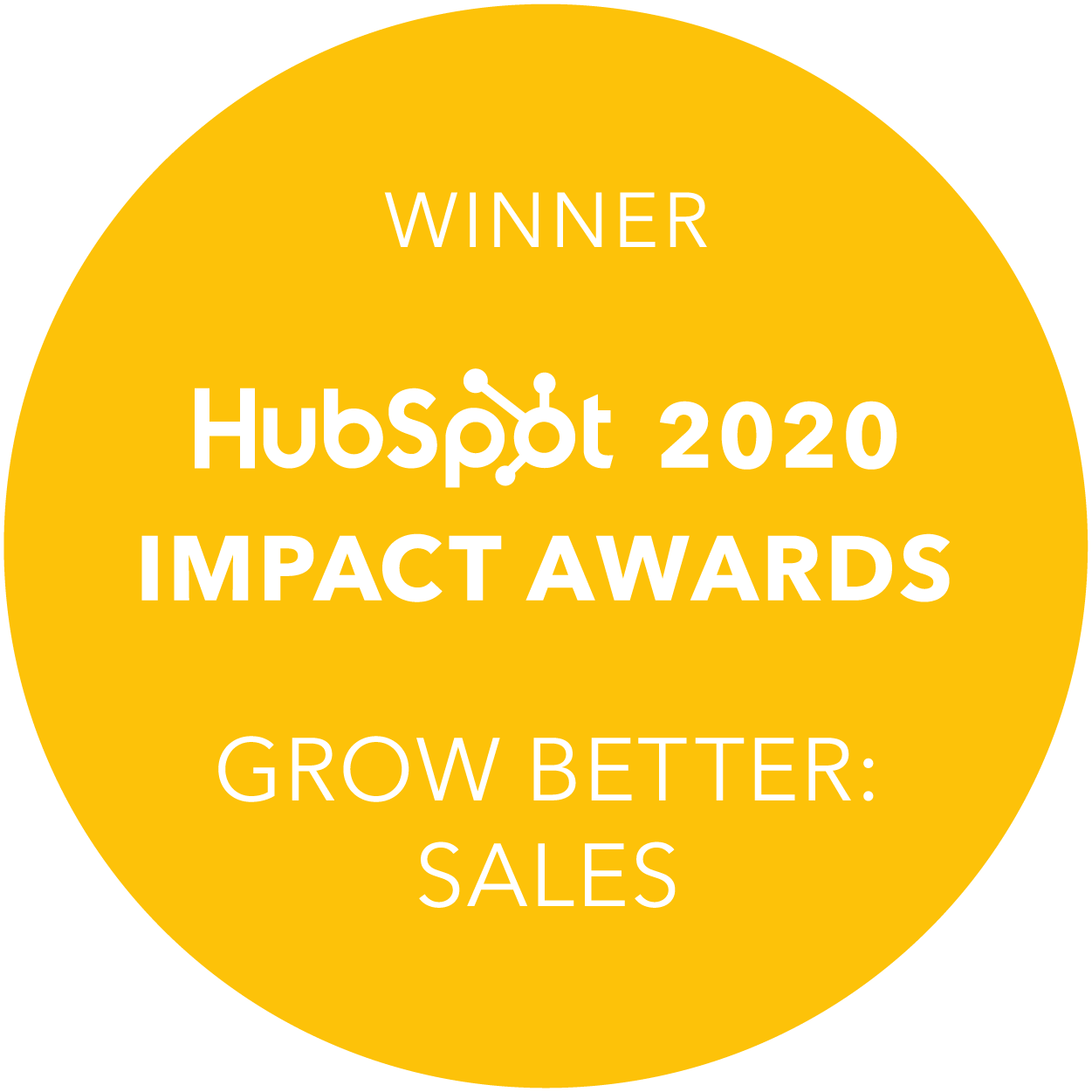If you own, run or manage a B2B technology company, your goal is to offer a technological solution that helps your ideal buyer solve an issue or fulfil a demand.
Ultimately, your success relies on putting your customer at the centre of technological innovation and discovery. In today's fiercely competitive industry, this much is also true of your marketing strategy.
We know that technology has completely changed consumer behaviour and that change is especially marked in the B2B world. Buyers prefer to research and educate themselves about products and solutions online. To meet this demand, businesses must adapt. The solution? Provide real value to your target audience so they come to you for expert advice and information.
Inbound marketing focuses on attracting customers through relevant and helpful content. With inbound marketing, potential customers find you through channels like blogs, search engines, and social media. By creating content designed to address the problems and needs of your ideal customers, you attract qualified prospects and build trust and credibility for your business.
Engaging tech-savvy buyers in a way that favours their preferred buying habits gives B2B technology companies a competitive edge with inbound marketing. Here’s why it truly is a match made in marketing heaven.
Positions your business as an authority

Everyone loves a fixer. For today's empowered, tech-savvy buyers, fixing those issues usually involves a quick Google search for the solution. Suppose you're a CIO who’s been tasked with the responsibility of relocating your Telecoms businesses. You’re worried about business continuity during the move, so you type in Google, “How can I ensure a smooth telecoms transition when relocating my business?” - 2,380,000 results. Click on the first one. Shazam! A blog that answers my question!
The opportunity to be discovered is vast when you keep the buyer at the core of your marketing strategy. Creating high-quality content that offers fresh, helpful perspectives to the problems or limitations that are plaguing your industry ensures you are found organically by the right person looking to solve that particular issue.
Executing this approach by distributing content and optimising it across every customer touchpoint positions your business as an expert in their regard. Buyers seeking authoritative voices have the chance to view your business as the antidote to their pain-point. Being seen as a credible solution to real world problems is critical for generating leads and building customer trust in the technology space.
It’s scalable

Every tech startup wants to become the next giant. Growth of that scale requires relentlessly accounting for every last pound you spend and ensuring it finds its way back into the business.
With inbound marketing, you can dial your efforts up or down as you need it. For instance, if your business happens to receive investment at some stage, you can increase your marketing activity to ensure you achieve the desired brand reach and the commercial goals outlined in your funding pitch. Conversely, if you don’t have funding you just need to assign the resources to create, optimise and distribute relevant content.
It’s widely cost effective

Cost per lead can be worked out by taking the total amount you spend on marketing, or an individual tactic, and dividing it by the number of leads that were generated. Since inbound marketing focuses on attracting customers with helpful, relevant content, rather than interruptive pay and spray messages, you have a better chance of being found organically. As a result, your content has a more targeted reach and therefore a lower cost per lead.
Inbound marketing is also highly accumulative. While the value of your advertising investment evaporates as soon as the next industry disruptor launches, your content and the conversation about your content will continue to work hard for you and drive relevant traffic to your website through backlinks and organic search. Compounding blog posts make up 10% of all blog posts and generate 38% of overall traffic.
As we enter a post-GDPR world, putting marketing spend into more tactical advertising campaigns will become even more critical. To gain a contacts personal details in the EU, you will be required to gain their consent. Providing something of value in exchange for a contact's details ensures you comply with the new regulations whilst benefiting from inbound leads which cost 61% less than outbound.
Easy to analyse metrics

As a B2B technology marketer, insight into what’s working and what isn’t in your marketing strategy is essential. Anyone with even the slightest industry knowledge knows that a new software package can easily disrupt entire sections of technology. Increased agility for rapid change then is crucial. That’s why you need the best tools to measure, boost, and grow your marketing efforts.
Inbound marketing software like HubSpot offers a vast selection of key metrics that you can use to measure and alter your approach as you go. This includes a comprehensive social media strategy, along with other digital tactics such as email, search engine optimisation, and content marketing. These insights offer real-time analytics that allow you to track your performance and make seamless adjustments. When performance begins to tail off, you can make changes quickly and adjust your content to stay ahead of the game.
Increase customer retention and loyalty

Customer loyalty is more pronounced in the technology sector than any other industry. Apple vs Microsoft, BT vs Sky, the list goes on... Ultimately when it comes to making a purchasing decision, buyers are so overwhelmed with options that their choice is usually dictated by what they already know and love.
Advocacy is not something that you can stumble upon or buy. Advocacy is earned over time through continuous and positive engagement with your customer base. It is earned through experiences that delight, and through the delivery of the highest class of customer service. Inbound marketing plays a significant role in establishing those strong customer connections through helpful and valuable engagement.
Increasingly, social media is becoming an important touchpoint to any marketing strategy with many technology companies using social platforms to build long-term rapport with customers and engage on a human level. It’s also a great way of getting to know your buyers better. The ability to leverage social media insights equip businesses with the right knowledge on how to better target their audience while also refining their marketing strategies for a more personalised service.
Conclusion
In today’s marketing world, it’s getting harder and harder for technology companies to get heard. To cut through the noise and start relevant conversations with your buyers, you must keep customers at the heart of all your marketing efforts. By answering their questions and solving their problems, buyers come to you for expert advice. Doing this well over a long time will establish your business as an authority in your industry and earn the trust of your buyers.
As a long-term growth strategy, inbound marketing is both scalable and affordable. It provides the insights required to nurture customer relationships and connect on a personal level with your customers. This drives more traffic, generates higher quality leads and develops stronger customer relationships. Those customer relationships create the foundation for what can eventually become your businesses greatest asset; customer advocacy.

.png?width=200&height=67&name=RevM%20Digital%20Marketing%20Agency%20Woking%20Surrey%20(1).png)







